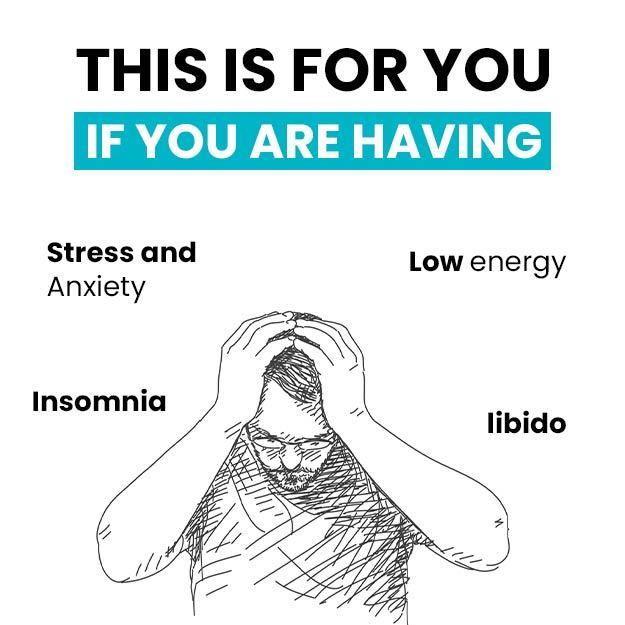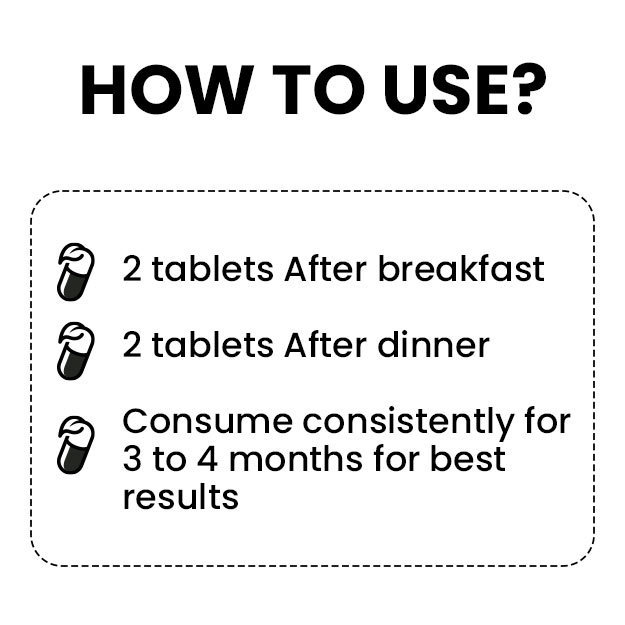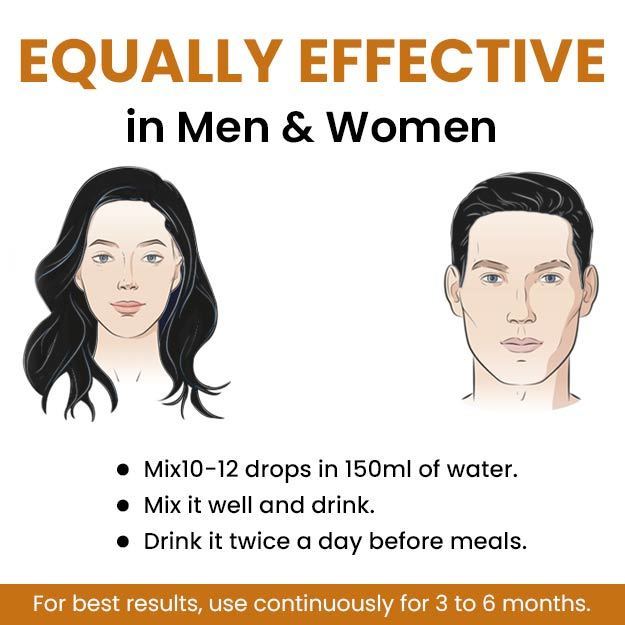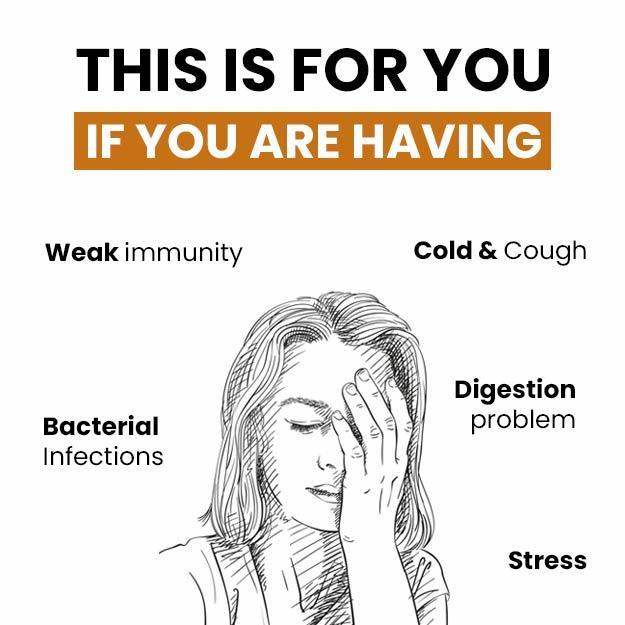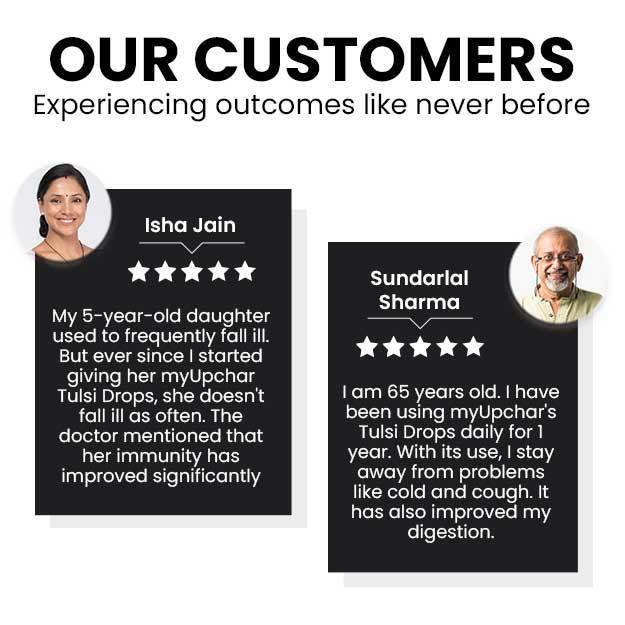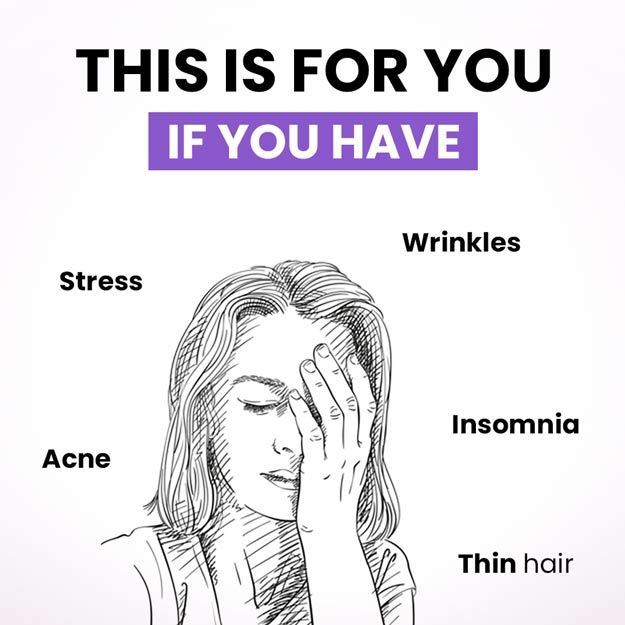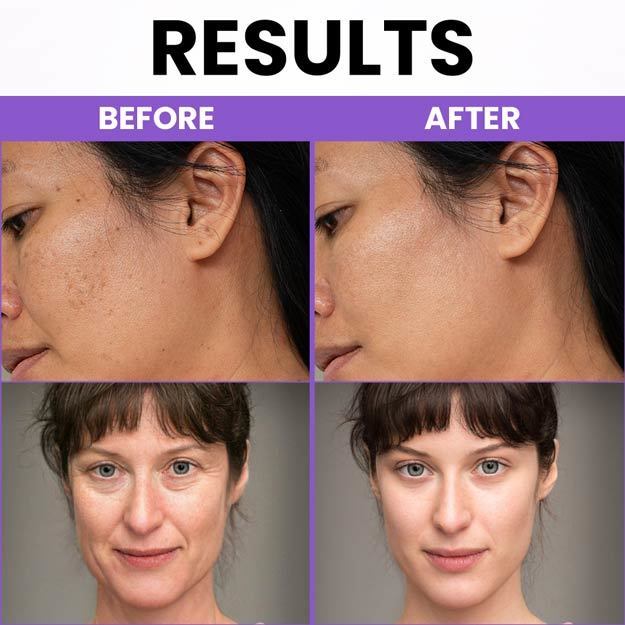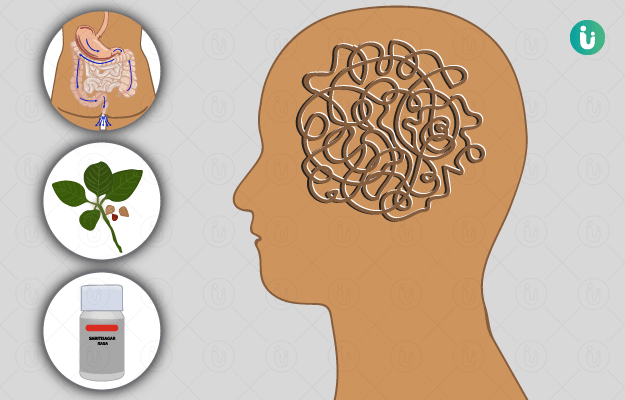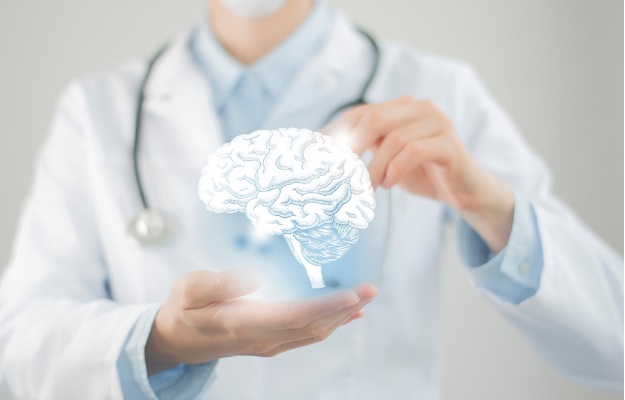Psychological disorders can affect the way you think, feel, and behave. Psychological disorders often affect your relationships and day-to-day functioning. These conditions may be temporary or permanent. Mental health conditions are common. The National Alliance on Mental Illness estimates that 1 in 5 adults in the United States experiences a psychological disorder each year. But while living with psychological disorders can be challenging, they can be treated. Talk therapy, self-care, treatment strategies, and medications can play a role in helping people with psychological disorders function better.
Read more - (10 Symptoms of mental illness)
- Anxiety Disorder
- Depression And Bipolar Disorder
- Schizophrenia And Other Psychotic Disorders
- Psychosis Schizophrenia
- Trauma And Stress-related Disorders
- Personality Disorder
- Sleep Disorder
- Eating Disorder
- Summary
Anxiety Disorder
Everyone feels anxious from time to time and anxiety is a natural part of life. But some people experience persistent anxiety that often interferes with their daily functioning. According to the American Psychiatric Association (APA), anxiety disorders are the most common type of neurodevelopmental condition, affecting approximately 30% of adults at some point in their lives. Although anyone can have an anxiety disorder, it is more common in women than men. Common types of anxiety disorders include:
- General Concern
- Worry About Illness
- Separation Anxiety
- Social Anxiety
- No Fear
- Nervousness
Symptoms vary by disorder, but generally include:
- Anxious Thoughts
- Restlessness
- Trouble Concentrating
- Irritability
Talk therapy is considered the first-line treatment for anxiety disorders. In some cases, medications such as antidepressants or benzodiazepines may also be prescribed. Lifestyle changes, such as maintaining a healthy daily routine and adopting healthy stress-relief methods, may also help.
Depression And Bipolar Disorder
Mood disorders include:
- Depression, Postpartum Depression, And Seasonal Pattern Depression
- Bipolar Disorder
- Premenstrual Dysphoric Disorder, Which Includes Severe Premenstrual Syndrome (Pms) Symptoms.
Symptoms include:
- Symptoms Of Depression, Such As Feelings Of Sadness, Hopelessness, Or Apathy
- Symptoms Of Mania Include High Energy, Excitement, And Restlessness.
Mood disorders are treated primarily through talk therapy. These can also be treated with medications like antidepressants, antipsychotics, and mood stabilizers. Alternative therapies such as electroconvulsive therapy, light therapy, and psychedelic-assisted therapy may also help.
Read more - (Yoga for mental health)
Schizophrenia And Other Psychotic Disorders
Schizophrenia is a long-term psychiatric disorder that involves distortions of reality, often in the form of delusions or hallucinations. Early symptoms of schizophrenia include:
- Isolating Yourself From Friends And Family
- Changes In Friends Or Social Groups
- Inability To Concentrate
- Difficulty Sleeping
- Irritability And Restlessness
- Worry
- Doubt
- Feeling Different From Others
Symptoms of advanced schizophrenia include:
- Hallucinations, Which Occur When Someone Hears, Sees, Or Feels Things That Aren't There.
- Confusion
Although there is no definite cure for schizophrenia, its symptoms can be reduced with antipsychotic medication.
Psychosis Schizophrenia
Psychosis is another symptom of schizophrenia, but people can also have psychosis without schizophrenia. In some cases, it may be a temporary condition where you have delusions and hallucinations. Symptoms of psychosis may include:
- Confusion
- Nightmare
- Disorganized Behavior
- Catatonia, Where A Person Appears Frozen
- Sudden Loss Of Interest In Things That Usually Matter
- Expressionless Face Or Flat Tone Of Voice
If someone is experiencing psychosis where they pose a danger to themselves or others, they may need to undergo tranquilization, which is when they are injected with a substance that will relax them or Will make you unconscious. After an episode of psychosis, you may be given antipsychotic medications to help manage hallucinations and delusions. Individual talk therapy, group therapy, and family therapy may also help.
Read more - (Anger management therapy)
Trauma And Stress-related Disorders
Two common trauma-related stress disorders are obsessive-compulsive disorder (OCD) and post-traumatic stress disorder (PTSD). The APA estimates that 2% to 3% of people in the United States have OCD. OCD is characterized by:
- Passion, Doing Something Over And Over Again
- Compulsion
OCD can be treated and managed with talk therapy. In some cases, medications may also be prescribed to help with OCD symptoms.
Symptoms of PTSD may include:
- Avoid People Or Things That Remind You Of A Bad Event
- Depression
- Difficulty Thinking About Events
- Difficulty Remembering Parts Of Events
- Guilt, Worry Or Blame
- Flashback
- Irritability And Anger
- Nightmares
- Decreased Interest In Activities You Once Enjoyed
PTSD is often treated through talk therapy, specifically cognitive behavioral therapy or exposure therapy. In some cases, group therapy may be helpful. A mental health professional may also prescribe antidepressants, anti-anxiety medications, or sleep medication to reduce PTSD symptoms.
Personality Disorder
The way people with personality disorders think, feel, and behave changes from others and makes it difficult for them to function healthily. To diagnose a personality disorder, you must know the patterns of behavior change and what the person is feeling at the time. The following questions can be asked like -
- What Do You Think About Yourself And Others
- How Do You Respond Emotionally
- How You Relate To Other People
- How Do You Control Your Behavior
Personality disorders are usually treated with talk therapy and, when necessary, medication. Some medications can help improve symptoms of personality disorders, such as mood swings, anxiety, or impulsivity.
Read more - (Effects of improving sleep on mental health)
Sleep Disorder
Sleep disorders can affect your sleep patterns, meaning you sleep more or less than usual. Some sleep disorders include abnormal behavior while sleeping, such as sleep walking. Types of sleep disorders include:
- Circadian Rhythm Sleep-wake Disorders
- Too Much Sleep
- Insomnia
- Narcolepsy
- Having Nightmares
- Parasomnia
- Restless Legs Syndrome
- Sleep Apnea
Sleep disorders can be treated in the following ways:
- Proper Sleep Habits|
- Relaxation Techniques
- Medicines That Help In Inducing Sleep
- Talk Therapy
Eating Disorder
Eating disorders affect your behavior and thoughts about what you eat and drink. Common types of eating disorders include:
- Eating Food That Should Not Be Eaten And Which Is Unable To Meet Nutritional Requirements.
- Anorexia Nervosa
- Bulimia Nervosa, Which Involves Alternating Diets With Binge Eating
- Binge Eating Disorder
- Pica, Which Involves Eating Things That Have No Nutrition For At Least A Month.
- Regurgitation Disorder, Which Involves Repeatedly Regurgitating Swallowed Food And Either Re-chewing And Re-swallowing The Food Or Spitting It Out
Nutrition counseling can help people with eating disorders learn healthy nutrition and eating habits.
Read more - (Cognitive behavioral therapy)
Summary
Treatment of all these may require individual and group counseling. Medications can also help in recovery If you have a psychological disorder, know that you are not alone. Living with psychological disorders can be challenging, but they can be treated. Consulting a doctor or therapist can be a great first step.








